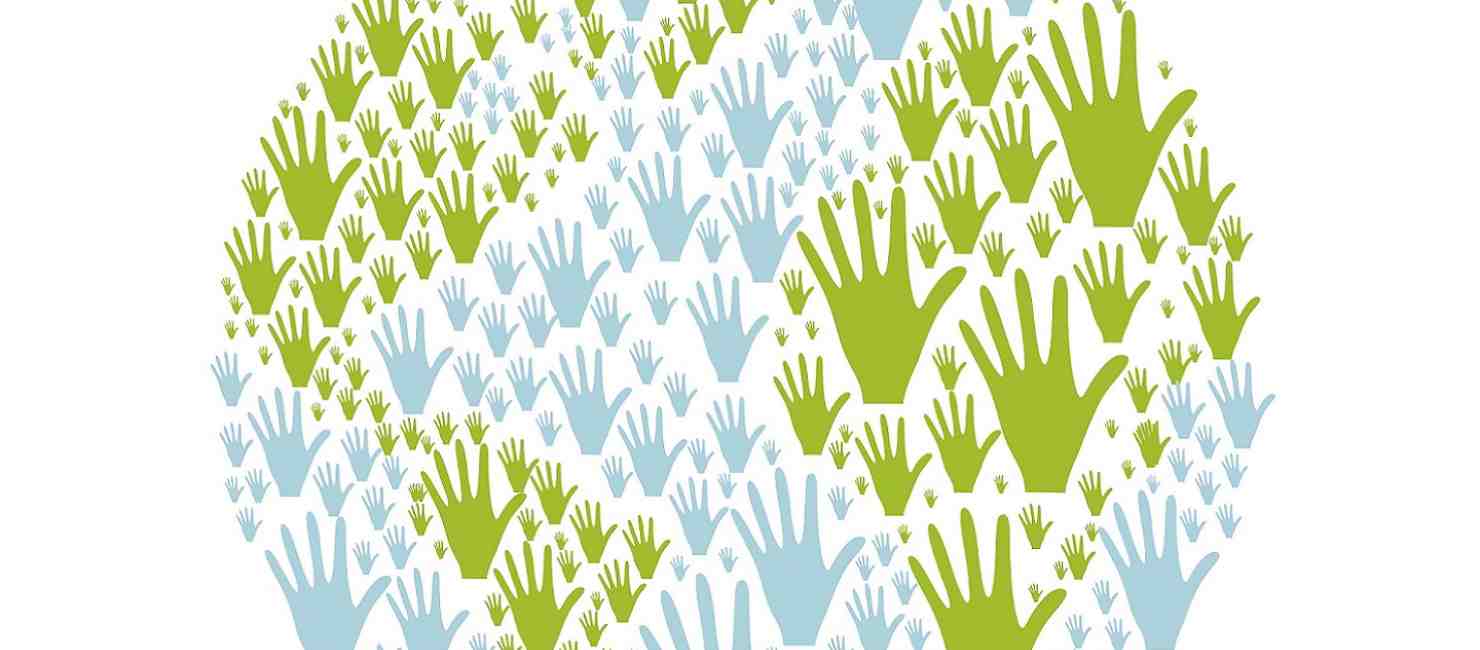Dating as a prevention minded parent.
Dear Stop It Now!,
I am a single mom of a baby girl and worried about being targeted. I am dating and am fearful of being targeted by a pedophile. Since my baby is not yet verbal, she wouldn't be able to tell me if someone is being inappropriate. What are some warning signs of men who may be targeting or grooming us? Should I just never allow someone I'm dating to change, bathe or be alone with the baby?

Dear Protective Mom,
Thanks so much for reaching out to us about this. Your daughter is so lucky to have a mom who plans ahead and seeks to learn how to identify behaviors in adults who may not be safe. Many parents in similar positions wonder about this, as it can be difficult to figure out dating rules for yourself when it comes to your child’s safety.
Learning About Warning Signs
Because we can’t really know someone’s intention, paying attention to behaviors will help you determine whether you feel someone is a safe adult to expose your daughter to. We’ve identified some Signs an Adult is At-Risk to Harm a Child. By becoming familiar with these, you may be better positioned to observe concerning behaviors, which could come up as you begin dating. When getting to know someone, notice if any of these warning signs become apparent. Though one warning sign doesn’t mean that someone is definitely at-risk to harm a child, it is worthy of noting. If you see any of these behaviors, or even if you just get a gut feeling that something is “off” in someone you are dating, then that could indicate that they’re not appropriate to introduce to your child. It’s important to trust your own instinct, even if you can’t put words or specific observations to your concern.
Structuring Introductions
I’m wondering, do you have a sense of when a significant other would be able to meet your daughter? Though personal preference is a factor in deciding this, consider keeping your dating life separate from your parenting life. This gives you time to get a better sense of the person you are dating. Before anyone meets your daughter, think about giving yourself opportunities to see this adult interact with children that they know. This could mean seeing the way they treat their own children, or noticing how they behave around kids in their extended family during a family gathering. Do they have appropriate boundaries? Are they playing in safe ways? You may also benefit from taking a look at our tip sheet all about Behaviors to Watch For When Adults Are With Children, as this can give you a sense of what unsafe behaviors look like. When you do decide to bring someone around your daughter, begin slowly. Start with short trips out of the home, and always be present when the person you are dating is interacting with her. You may consider having a friend you trust come along, too. This shows whomever you are dating that there are other involved adults in this child’s life who model safe behaviors, and are willing to stand up in order to ensure child safety. And, having a strong support system reduces vulnerability to abuse overall.
Communicating About Safety
Let anyone you are dating or considering dating know how important your daughter’s safety is to you, including her sexual safety, before any adult meets your child. And, make sure that they know and can follow your family’s Safety Planning rules. The specifics can be slightly different for every family, but generally these are rules encompassing appropriate body boundaries, respect, consent, and privacy which make up your family norms. This isn’t just a recommendation for dating parents but really a strategy that all parents should consider as a protective action.
All adults who spend time with your daughter should be responsible for knowing and following your family’s safety planning rules -this includes friends, extended family, and romantic partners. Some examples of safety planning rules you would expect a partner (or other close adult) to know and follow would be: Adults and children always play with our clothes on, with doors open, and we keep our hands to ourselves. The places we cover with a bathing suit are private. Adults always ask children before giving them a high five or a hug, and always respect a child’s answer. Rules about bathing, changing, and being alone with your daughter can also be a part of your safety planning rules. Again - trust your gut, and only let adults who follow your safety planning rules to care for your daughter in these ways. Even though your daughter is young, safety planning rules are still so important. Think about talking to her about them regularly, too. This way, when she is verbal you will be well-practiced in going over these valuable guidelines.
Develop Understanding
The more you know about your daughter’s physical and sexual development, the more you will know about what is normal for her – and therefore the more you’ll be prepared to ever spot out potential changes or problems with her own development. This too is preventive, supporting you to better respond to any concerns your daughter might have about her own sexuality and relationships. By demonstrating to her that you are a safe and informed person to go to for answers she is more likely to turn to you if there ever should be a confusing situation that comes up.
Regardless of what is going on in any parent’s life, these kind of action steps can help build safety overall in a child’s family and home. Again, I’m so glad your daughter has you, and that you are thinking proactively about her safety.
Take care,
Stop It Now!
Feedback:
Please share your feedback on this question
Last edited on: November 26th, 2019

